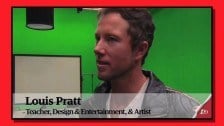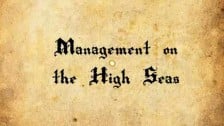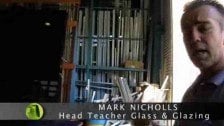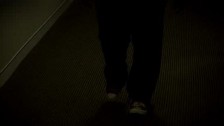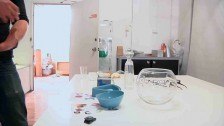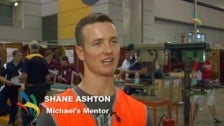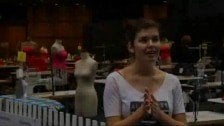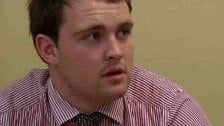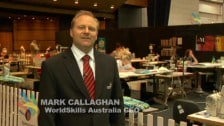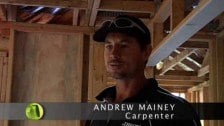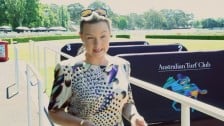A husband for horses
About the Tocal Campus:
To show that there is more to riding horses than just westerns they are critical to the operation of a farm. Why does a stock horse need to be maintained?
At approximately 7.30am, the students and their teacher will be collecting the horses in the paddock, brushing them down and saddling them up to ride to the various paddocks in the property. CB Alexander Agriculture College, Tocal is just outside Maitland (a two hour drive from Sydney).
The College is run by the NSW Department of Primary Industries and has 105 full time students. The Tocal campus is 5,000 acre commercially run property. They offer full time courses Cert III, IV and Diploma Agriculture, Cert III in Horse Husbandry and traineeships in dairy and rural studies. They also offer short courses on the weekend in pastures, crops and horses and study by correspondence.
The Horse Husbandry Course is very popular (with a waiting list). This course teaches students about horse breaking and breeding. Lyn Walsh and Warwick Lawrence teach the course. Lyn Walsh started as a wool classer and came to the college to help with the sheep course. Eventually she moved across to the horses and has been doing the course since 1989.
The horse husbandry courses teaches the students how to ride properly on the horses which were broken in last year (feet in the right place, not too much reign etc). They also teach the horse to lie down (which helps if they are flighty) and stand on a 44 gallon drum. The students learn how to trim a horse’s hoof and fix a loose shoe (but it’s not a farrier course). They also assist with the sale of the stock horses.
The horses are quite “green” as they were only broken in last year. This means that they are more flighty and will react with the lightest touch. It is therefore important for the rider to be experienced. Once people finish the course, they may be employed as a stable hand or work with a trainer, on a stud farm at the polo, or other similar jobs.
